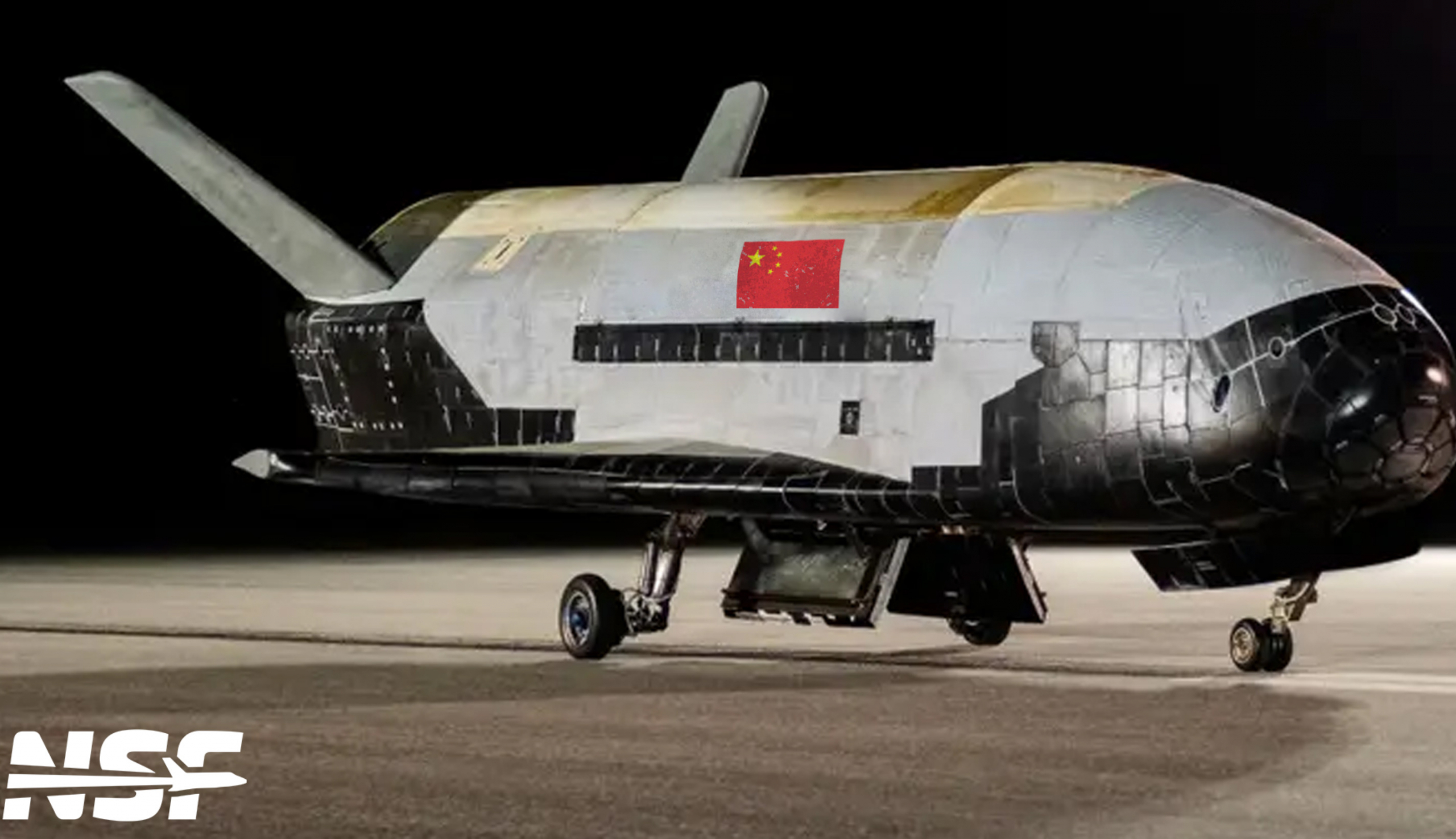Unmanned spaceflight, also known as robotic space exploration, involves sending spacecraft without human crews into space. These spacecraft, often called probes or satellites, are equipped with a variety of instruments to collect data and explore the cosmos.
Advantages of Unmanned Spaceflight
- Cost-effective: Unmanned spacecraft are generally less expensive to launch and operate than manned spacecraft.
- Risk-free: There is no risk to human life during unmanned missions.
- Versatility: Unmanned spacecraft can be designed for a wide range of missions, from studying distant planets to monitoring Earth’s environment.
- Endurance: Unmanned spacecraft can operate for much longer periods than manned spacecraft, allowing them to explore distant regions of space.
Types of Unmanned Spacecraft
- Satellites: These spacecraft orbit the Earth or other celestial bodies. They are used for a variety of purposes, including communication, navigation, weather forecasting, and Earth observation.
- Planetary Probes: These spacecraft are sent to explore other planets in our solar system. They can be orbiters, which circle the planet, or landers, which descend to the surface.
- Lunar Probes: These probes are sent to explore the Moon. They can be orbiters, landers, or rovers.
- Asteroid Probes: These probes are sent to study asteroids, which are rocky bodies that orbit the Sun.
- Comet Probes: These probes are sent to study comets, which are icy bodies that orbit the Sun.
Key Achievements of Unmanned Spaceflight
- Exploration of the Solar System: Unmanned spacecraft have explored all of the planets in our solar system, providing valuable insights into their formation, composition, and potential for life.
- Discovery of Exoplanets: Unmanned spacecraft have discovered thousands of exoplanets, planets that orbit other stars.
- Study of the Universe: Unmanned spacecraft have made significant contributions to our understanding of the universe, including the nature of dark matter and dark energy.
The Future of Unmanned Spaceflight
As technology continues to advance, we can expect to see even more ambitious unmanned spaceflight missions in the future. These missions may involve exploring distant exoplanets, searching for signs of extraterrestrial life, and even establishing human settlements on other worlds.
Unmanned spaceflight is a vital tool for exploring the universe. It has provided us with invaluable information about our solar system and beyond, and it will continue to play a key role in future space exploration.
